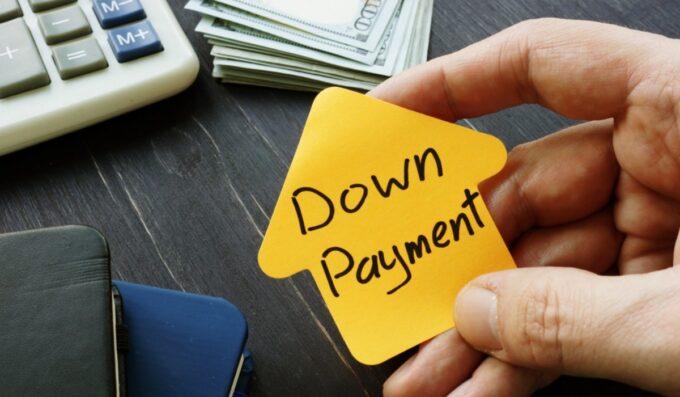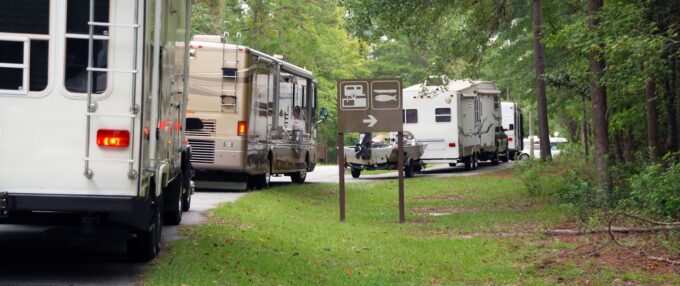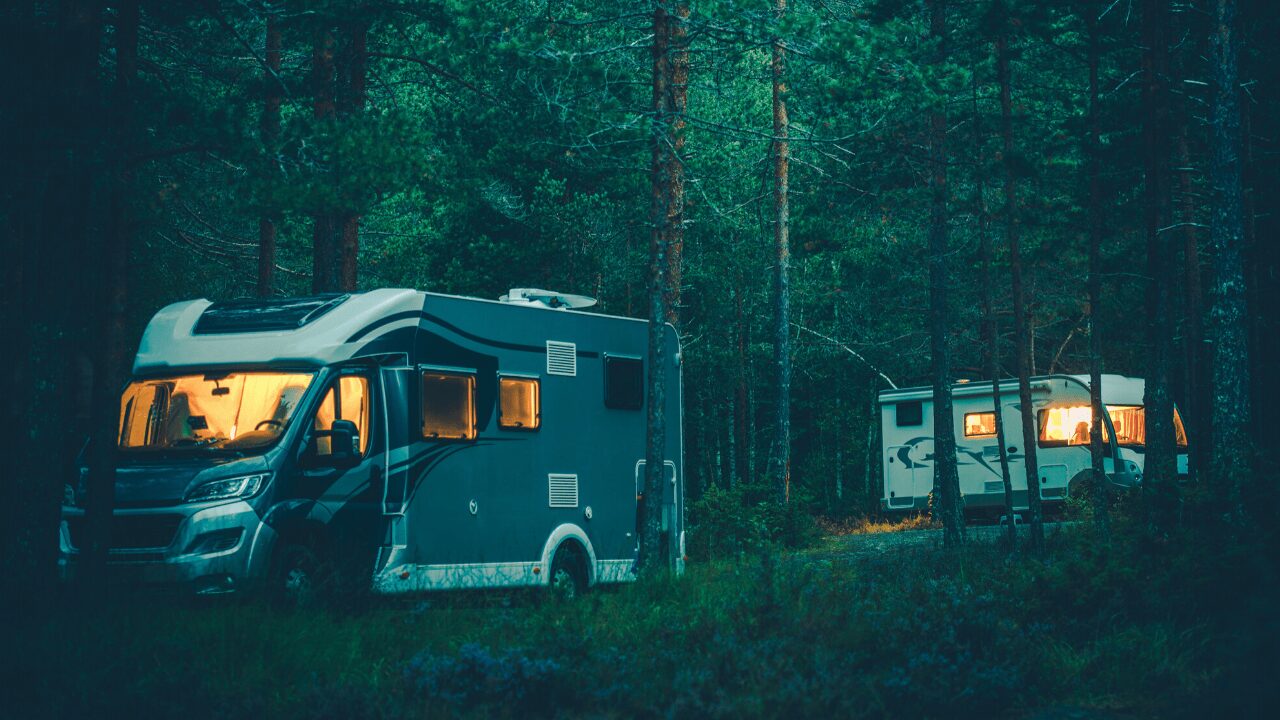You’ve probably wanted to travel around the country without having to worry about missed flights and disappointing accommodations. Traveling in an RV can give you that experience. With its built-in amenities, you have the freedom to go whenever and wherever you want.
However, buying one comes with a hefty price. It’s a significant investment that may cost as much as your regular home. That’s why many RVers had to apply for financing to purchase their dream RV. The good news is several existing loans can help consumers like you to finance such an expensive purchase.
Like any other loan, your credit matters, and you might be wondering whether you can get financing when you have credit problems. Fortunately, you can, and we’re sharing with you how to get an RV loan even with bad credit.
Determine Your Budget

Whether you have good or bad credit, determining your budget is essential when financing your vehicle. For starters, consider the vehicle’s cost, which greatly depends on the type, age, and size you’ll choose. Then take a hard look at your financial situation and calculate how much you can afford for financing. If it’s too much for your resources, try to adjust your preferences.
Note that the amount must account for everything you have to pay, from the debt service to insurance, maintenance, and travel expenses. By doing this, you’d be able to specify a realistic amount that you can surely repay every month because compared to the conventional ones, a bad-credit RV loan might cost you more.
Work On Your Credit
You won’t know how much work your score needs to get approval if you don’t check your credit report. You must do it regularly so you can detect early any potential errors on the report, such as a missed payment that you didn’t miss. Doing so will give you more time to dispute the error with the credit agency.
If you’re planning to get financing for your RV, you must get a copy of your credit report as soon as possible. Your credit score must be around 700 or higher to qualify for the best RV loan rates. If your score is as low as 550, you need to improve it.
One way to boost your credit score quickly is to reduce or pay off the amount of debt you’re carrying. If you have large credit balances, you can pay it off with a debt consolidation loan. That is if you don’t want to pay for a higher interest rate and bigger down payment on your RV loan.
Prepare A Large Down Payment

In most cases, lenders will require you to pay 20% of the loan amount for a down payment. However, if you put a larger down payment, you can drastically increase your chances of getting the RV loan no matter what your credit score is. In addition to that, a higher down payment can lower your interest rate.
Remember that you’ll likely have higher interest rates when your credit needs some work, and putting a larger-than-required down payment can help you get a much better deal. But still, you must talk with the lender to ensure that this option will really improve your chances of getting a better rate or qualifying for an RV loan.
Use A Cosigner
Another option you can do is to use a cosigner when applying for RV financing. Cosigners can help you get approved even on bad credit. However, it should be noted that your cosigner is equally liable for your loan, and it will reflect both on your credit reports.
Since a cosigner provides the lender an additional assurance that your loan will be repaid, he/she must have a stable income and excellent credit score. But check with the lender’s guidelines first since not all allow cosigners on huge loans.
Find the Right Lender

Finding the right lender is crucial in getting approval for a recreational vehicle loan as they have different qualifications. But the key is you go for the one who offers an RV loan even to people with less-than-ideal credit.
The following are a few of the lenders you might want to consider when applying with bad credit.
1. Dealership Financing
One of the fastest ways to get an RV loan is through dealership financing. Because they have connections with multiple lenders or financing programs, you might be able to find one that will approve you even with less stellar credit. But you might also limit your options since their rates are usually higher due to extra costs and fees.
2. Online Lenders
When you have a poor credit history, the most convenient way to apply for a recreational vehicle loan is on the internet. Online lenders, such as My Financing USA, offer RV loans even to those with credit scores as low as 550. Besides that, applying online gives you a way to narrow down your choices and select a lender that matches your needs and resources.
3. Banks
Generally, it’s harder to secure an RV loan from banks if your credit is not good. But if you have established a relationship with your bank, your credit score may not affect your chance to get approval. They might even give you a loan with a discounted interest rate, regardless of your score.
Keep Your Options Open

Having a bad credit score can limit your options. But don’t lose your hope if you don’t get approved for the usual RV financing. You can apply for other alternatives, but they are usually for a smaller or cheaper camper, trailer, or motorhome.
1. Home Equity Loan
You can use a home equity loan to finance your recreational vehicle even if your credit score is insufficient. Depending on your lender and creditworthiness, you can typically leverage about 80 to 100 percent of your home equity. But since it serves as collateral, you may lose your home if you default on your RV loan.
2. Personal Loans
Taking out a personal loan is an alternative option if you don’t get approved for a recreational loan due to bad credit. However, you’re still likely to have higher interest rates and shorter terms since you won’t be able to use the RV as collateral. This can be a better choice if you plan to get a used recreational vehicle.
Takeaway

Getting an RV loan with bad credit isn’t entirely impossible. Doing so can help your bad credit situation become better. If you purchase your trailer or camper with a bad-credit RV loan, you can eventually establish equity. However, it’s important to remember that your obligation doesn’t end after you obtain the financing.









